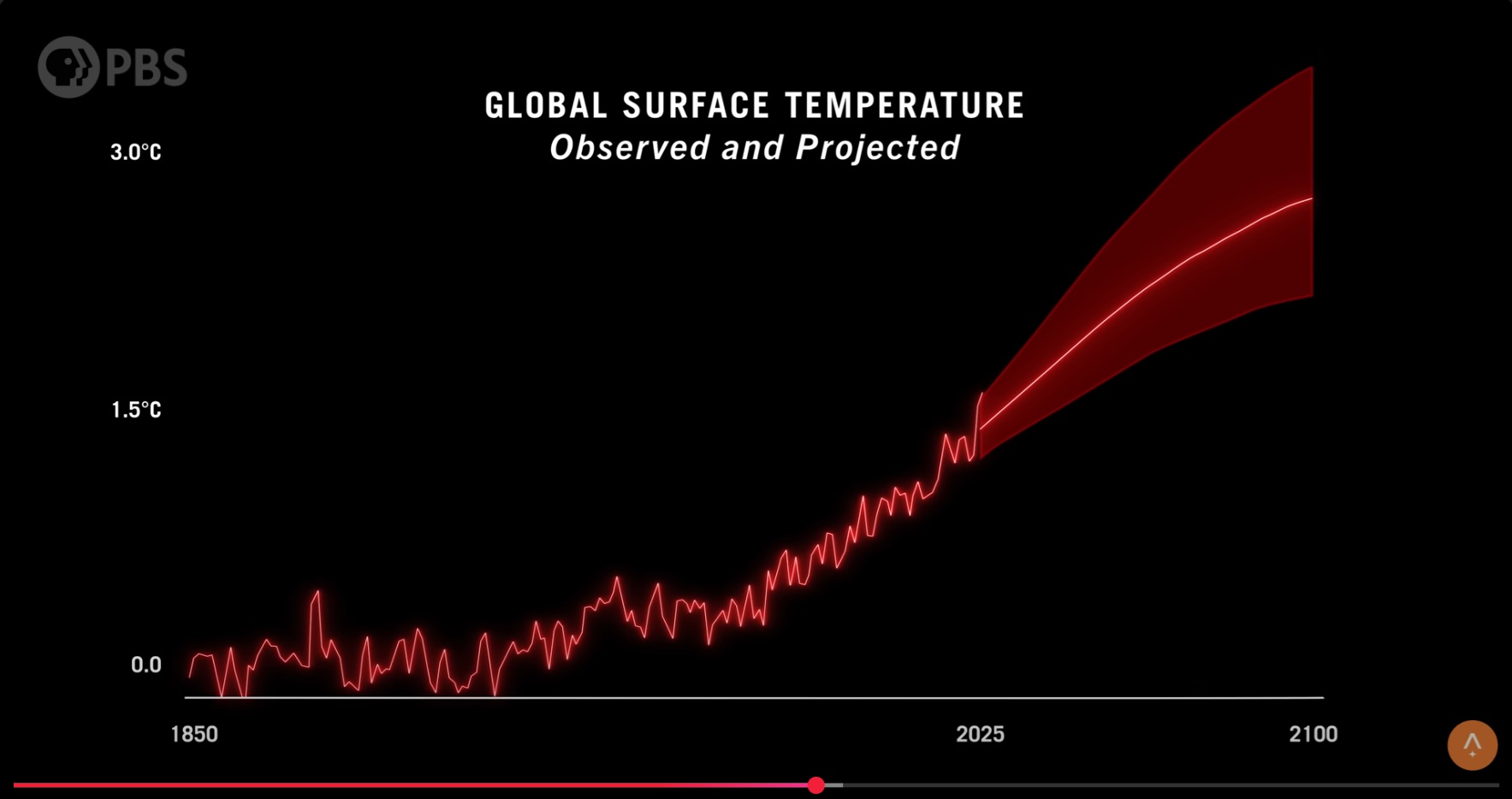
■ ポイント
・ 長期的視点 ・ 世代間の連携 ・ 内田樹 ・ 【内田樹・斎藤氏と立花氏とは何か/江藤農相の更迭と小泉氏/... ・ 沈む祖国を救うには? ・ 第1部 ・ 第1章 衰退国家の現在地 ・ 第2章 世界の中を彷徨う日本 ・ 第3章 温かい国への道程 ・ 第2部 ・ 第4章 社会資本を豊かにするために 1. 近代の危機と再考 2. 日本型コミューン主義の蘇り 3. 血を流さずに国を変える道 4. 農業を基幹産業に ・ 第5章 教育と自由 ・ Yuval Noah Harari ・ ‘Foolish’: Trump’s fraud busted by Yuval Noah Harari in Ari Melber’s hourlong interview ・ Harari on coping with the Trump eraーNHK WORLD-JAPAN NEWS ・ Nexus - A Brief History of Information Networks from the Stone Age to AI ・ re:publica 25: Johan Rockström - Decisive Decade: From Global Promises to Planetary Action ・ ・ Demis Hassabis On The Future of Work in the Age of AI ・ Harari on coping with the Trump eraーNHK WORLD-JAPAN NEWS ・ 【櫻井よしこのニュース解説】「戦争」を変えたAIドローン大奇襲 大胆!ゼレンスキー「蜘蛛の巣作戦」 ・ Why Ukraine’s Drone Attack on Russia Changes War Forever | TED Explains the World with Ian Bremmer ・ Danny Boy - Wikipedia ・ The Danny Boy Trivia Collection ・ Canon in D (Pachelbel's Canon) - Cello & Piano [BEST WEDDING VERSION] ・ 日本解体論 (朝日新書) : 望月 衣塑子 × 白井 聡 ・ AIアシスタント活用の重要性 ・ Large Language Models explained briefly - 3Blue1Brown ・ Attention Is All You Need ・ Emergent Abilities of Large Language Models ・ Are Emergent Abilities of Large Language Models a Mirage? ・ No one actually knows why AI works ・ Can AI see beauty? ・ Cobb-Douglas 型生産関数による日本経済の分析 ・ 本荘 2019 における労働分配率を使った推論の吟味
 |
1. 望月 衣塑子 ×(内田 樹、白井 聡) 2. ChatGPT の能力認識と活用法 3. 核エネルギー発電 4. プログラミングを活用した経済学学習 5. 経済統計データソース 6. 本荘 2019 詳細検討 7. 不本意非正規雇用 8. 日本の労働分配率 9. 上場企業の決算情報 a. 竹中平蔵研究 |
|
| Economist | Depth of Thought | Focus Area | Comparable Thinker |
|---|---|---|---|
| 宇沢 弘文 (Hirofumi Uzawa) | High | Foundational questions about growth, sustainability, and social capital. | Keynes, Hayek |
| 伊東 光晴 (Mitsuharu Ito) | Moderate to High | Policy critique, societal impacts, and public engagement. | Galbraith |
| 岩田 規久男 (Kikuo Iwata) | Moderate | Practical monetary policy solutions, focused on inflation and growth. | Friedman |
| Aspect | Keynes | Friedman | Hayek | Galbraith |
|---|---|---|---|---|
| Depth of Thought | High | Moderate | High | Moderate to High |
| Focus | Macroeconomic theory, disequilibrium, and government intervention. | Monetary policy, free markets, and inflation control. | Decentralized knowledge, freedom, and systemic philosophy. | Corporate power, societal impacts, and applied critiques. |
| Role of Government | Active intervention via fiscal policy. | Minimal intervention; focus on monetary policy. | Minimal intervention; emphasis on individual liberty. | Active intervention to address social imbalances. |
| View on Markets | Markets can fail and need correction. | Markets are efficient and self-correcting. | Markets are efficient but require freedom to function. | Markets are imperfect and often distorted by power structures. |
| Comparable Thinker | Uzawa | Iwata | Uzawa | Ito |
| Aspect | Keynes | Friedman |
|---|---|---|
| Economic Context | Developed his ideas during the Great Depression, when markets failed to self-correct, leading to mass unemployment and economic stagnation. | Developed his ideas during the mid-20th century, particularly in response to stagflation (high inflation and unemployment) and perceived failures of Keynesian policies. |
| Philosophy | Believed markets could fail and remain in disequilibrium for extended periods, requiring active government intervention to stabilize the economy. | Believed markets are inherently efficient and self-correcting, and that government intervention often causes more harm than good. |
| Focus | Emphasized aggregate demand as the key driver of economic activity and focused on short-term stabilization through fiscal policy (e.g., government spending and tax cuts). | Emphasized the role of the money supply in controlling inflation and focused on long-term economic stability through monetary policy (e.g., central bank actions). |
| Methodology | Used a macroeconomic approach, focusing on the economy as a whole and the interplay of aggregate variables like demand, employment, and output. | Focused on microeconomic foundations, analyzing individual behavior and its impact on broader economic outcomes, with an emphasis on empirical data. |
| Influence | His work was shaped by the failures of laissez-faire economics during the Great Depression, leading to his advocacy for government intervention to address systemic issues. | His work was shaped by the failures of Keynesian policies during the stagflation era, leading to his emphasis on free markets and the dangers of excessive government control. |
 from The REAL Story of the LA Fires |
 from The REAL Story of the LA Fires |
 from The REAL Story of the LA Fires |
 from The REAL Story of the LA Fires |